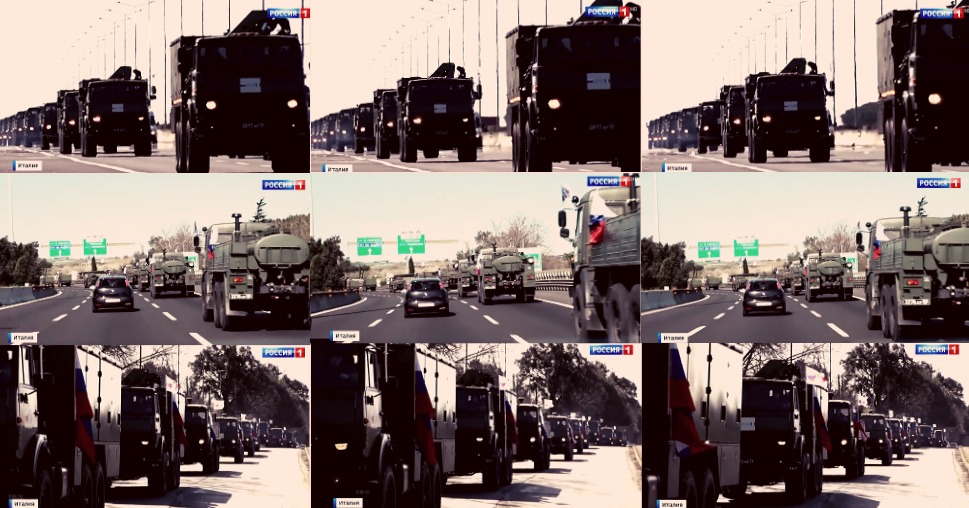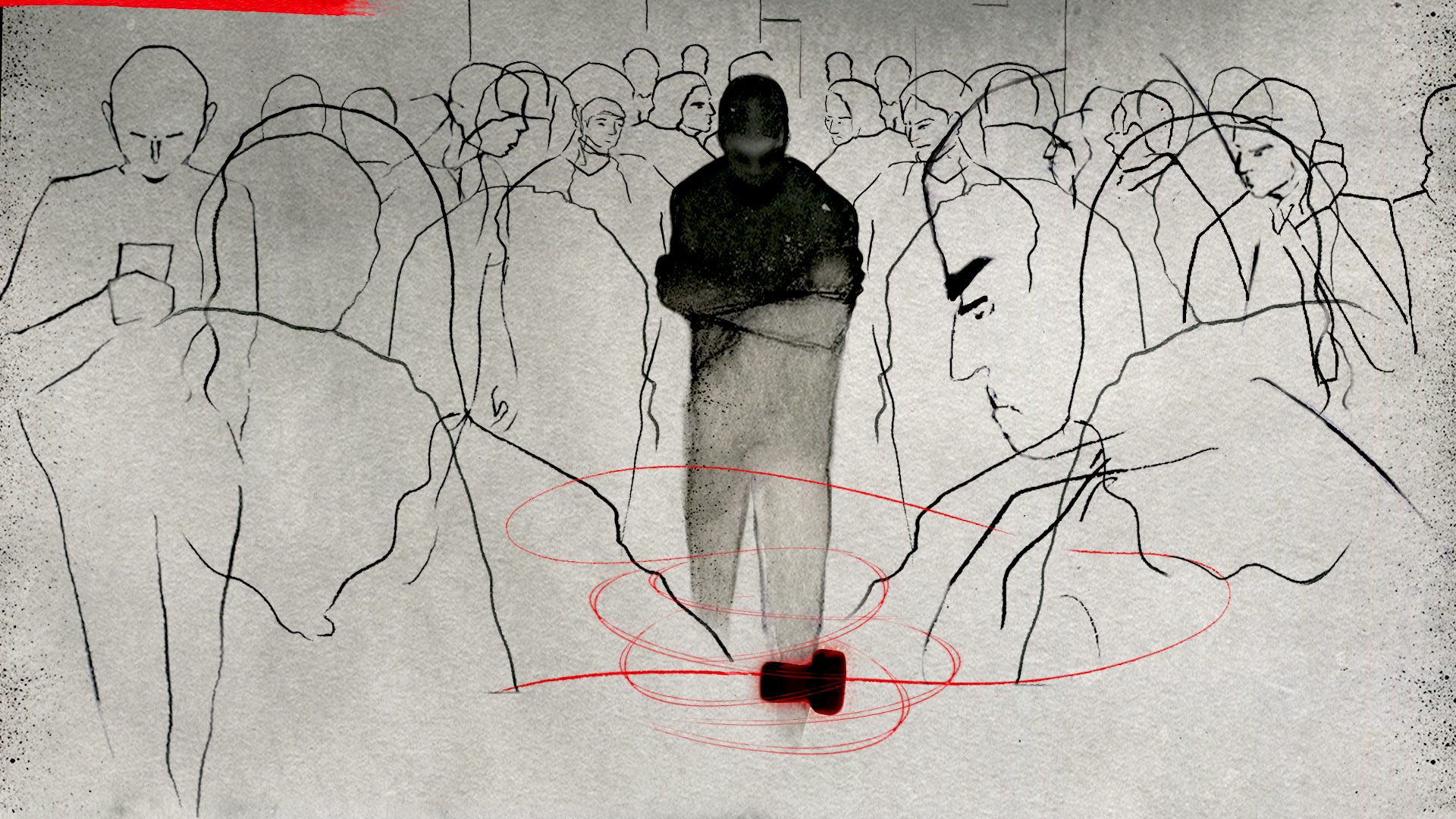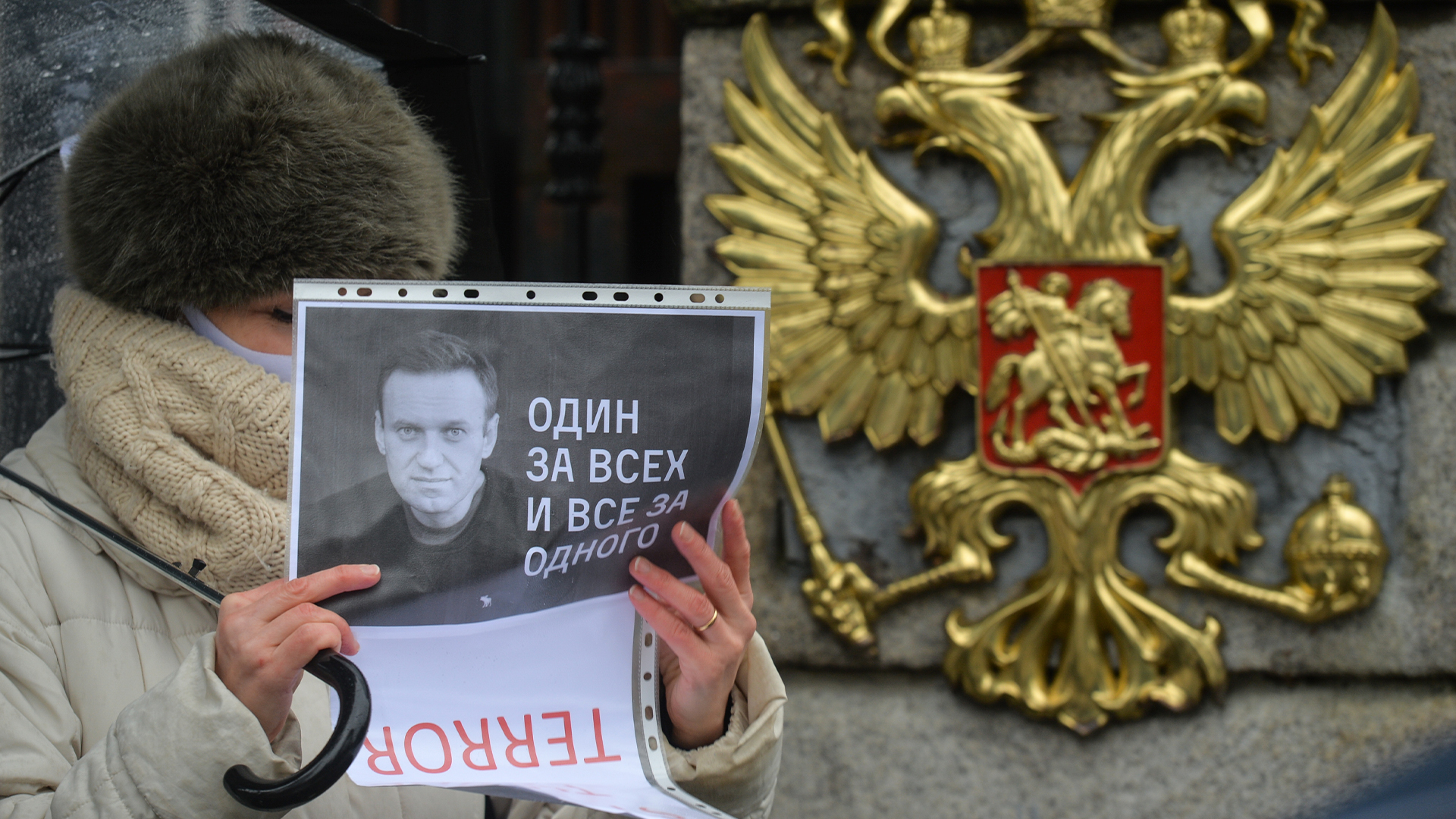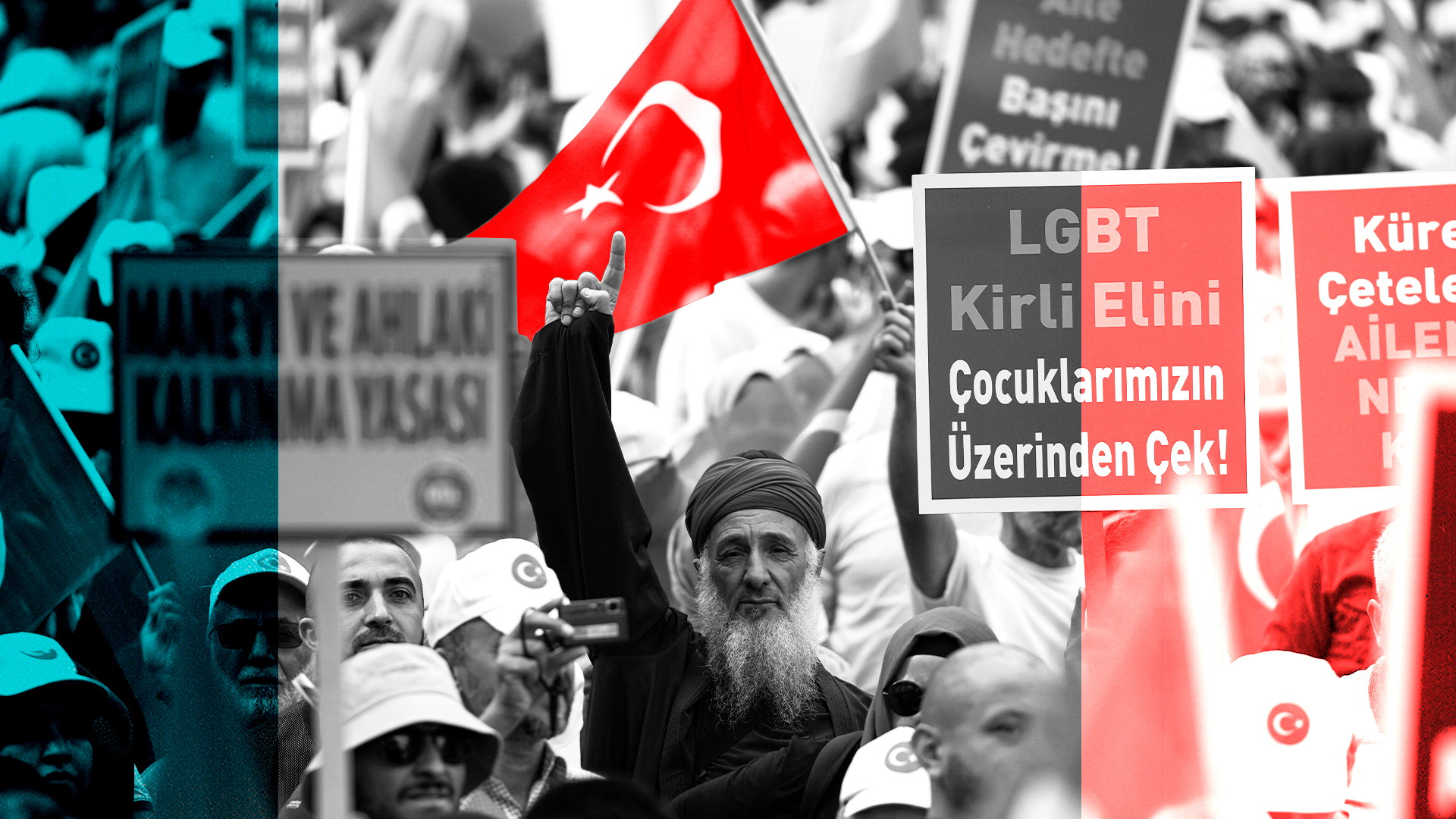This piece was produced in collaboration with La Stampa
As the Western world struggles with the coronavirus pandemic, Russia is carrying out an influence operation in Italy unimaginable under normal circumstances.
Ten days after President Vladimir Putin sent military personnel and aid to the coronavirus-stricken nation, experts as well as diplomatic, military and government sources in Rome and the European Union’s Brussels headquarters warn that the Kremlin is using the crisis to undermine NATO and the EU.
Since the beginning of the coronavirus outbreak, Moscow, like Beijing, has seized soft-power opportunities by dispatching aid to hard-hit nations, while broadcasting propaganda on state and social media.
On Tuesday, Russia sent a cargo plane filled with masks and medical equipment to the U.S., after President Donald Trump accepted an offer of humanitarian aid from Putin to fight the coronavirus outbreak.
Trump praised the assistance as “very nice.”
But the military optics of Moscow’s aid mission to Italy, dubbed From Russia with Love, make the operation qualitatively different from other aid operations like the planes full of doctors or supplies that China has sent around the world.
“This is a half-propaganda, half-intelligence operation,” said Sergio Germani, director of the Gino Germani Institute for Social Sciences and Strategic Studies, a Rome-based think tank.
Germani, who researches Russia’s role in Italy, says Moscow is using the Covid-19 outbreak “to strengthen anti-EU feelings and to reinforce the impression that the EU is crumbling, to make propaganda gains and gather intelligence at the heart of NATO.”
After a telephone call between Putin and Italian Prime Minister Giuseppe Conte late last month, during which he accepted Russia’s offer of humanitarian aid, Russian media went into overdrive, applauding Moscow for stepping in “where Europe and NATO failed,” accompanied by footage of a military convoy carrying 122 personnel and decontamination equipment to Bergamo, the center of Italy’s epidemic.
In response to a La Stampa article on March 24 reporting that 80% of Russian supplies are of little use to Italy, the Kremlin published a list of equipment delivered to Italy: 600 ventilators and 326,000 masks, as well as military decontamination equipment.
However, two sources inside the Italian military have now backed the assertion that most of the aid is superfluous to the country. Italy is reputed to have some of the best nuclear, biological and chemical capabilities within NATO.
“If NBC [nuclear, biological and chemical] assets were needed in Bergamo, why were they not used already a month ago? And then, why not use the Italian ones? Our army has perhaps the best NBC troops in NATO,” said Italy’s former defense spokesman Andrea Armaro.
Russia now has its NBC officers stationed in Bergamo, the epicenter of Italy’s outbreak with more than 8,800 coronavirus cases. Italy has lost more people to Covid-19 than any other country –13,155 deaths as of Thursday, about a fourth of the global total.
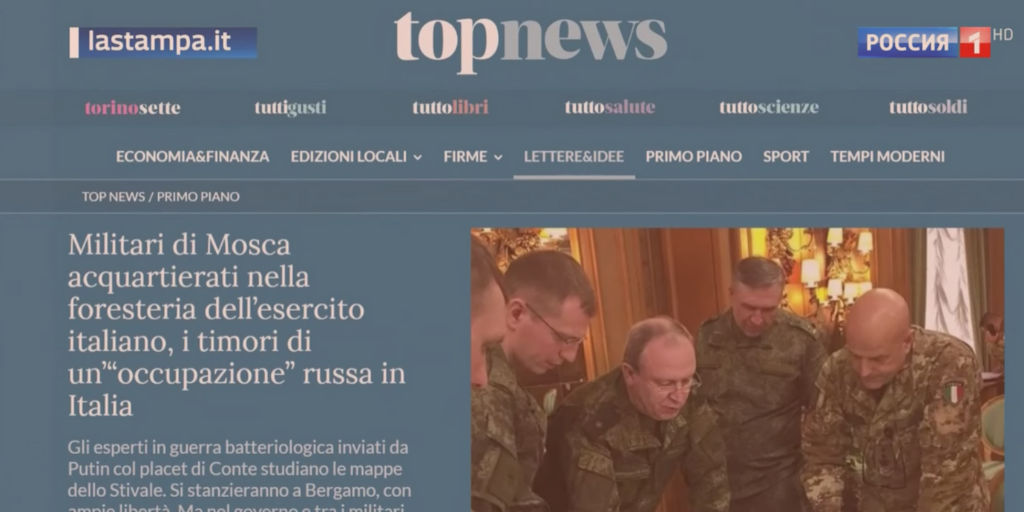
“Russia and China both have been using the pandemic as an opportunity to project their soft power,” said Rose Gottemoeller, former NATO Deputy Secretary General. “That is understandable because that is what they like to do.”
“The gains for Russia are clear. What’s not clear is how the Italian government allowed this to happen,” said Germani, the think tank director.
The answer to this question is likely to lie in a combination of Rome’s general stance towards Moscow, Russia’s successful cultivation of populist factions in Italy’s government, and a chaotic crisis management effort.
“Historically, Italy has always had a softer approach to Russia, but over the last few years Moscow invested a lot of resources into supporting cultural centers, think tanks and news outlets and laying their groundwork,” Germani said. He added that “there is a widespread perception in Italy that the EU has not responded effectively to the crisis and [there] is no leadership in the US.”
Germani sees the Russian military presence in Bergamo as the culmination of many years of Russian soft power investment into Italy.
The 122 officers from the Radiological Chemical and Biological Weapons Defense (RChBD) unit are led by General Sergey Kikot, the deputy commanding officer of Russia’s RChBD troops.
In military circles, Kikot is best known for asserting the Russian government’s position that no chemical weapons were used by the Assad regime in Syria’s Douma province in 2018, and that the White Helmets rescue group had staged video footage of regime attacks.
“It is very troubling that a Russian general who was lying about Douma, as far as the British government and the [Organization for the Prohibition of Chemical Weapons] are concerned, is now charging around Italy,” said Hamish de Bretton-Gordon, former commanding officer of NATO’s Rapid Reaction CBRN Battalion.
“This would be unimaginable in any other situation, to have this many highly trained Russian troops in a NATO country,” he added. “It is true that these types of troops do have capacity for decontamination, but Italians have this capability as well, and it’s more modern. The Italians are at the forefront of chemical and biological weapon defence in NATO, and they hardly need any advice from the Russians.”
Chemical weapons experts like De Bretton-Gordon say Russians could be using Italy as an opportunity to test new equipment and to gather intelligence about both the virus and a NATO member state. Western military and chemical weapons experts contacted by Coda Story and La Stampa said that there is a significant overlap between the Radiological Chemical and Biological Weapons Defense unit of the Russian military and the GRU, its intelligence agency.
“Undoubtedly, there are GRU operatives on the ground in Italy right now. Any intelligence service would take advantage of this situation, and especially the Russians. They will want to be finding out as much as possible about the Italian forces. They will be setting up intelligence networks, there will be an enormous amount of activity going on right now,” said De Bretton-Gordon.
NATO headquarters did not respond to Coda Story and La Stampa’s requests for comment, but in an interview, Italian General Marco Bertolini warned of the possible dangers of accepting aid from Russia.
“You don’t refuse aid, and it’s true what they say that you don’t look a gift horse in the mouth. This said, we also need to be very careful — the Mediterranean, both eastern and central, is a battleground for hegemony, from Syria to Libya,” he said.
“We need to prevent a health crisis from becoming a political-military incident. It’s good if there’s an offer for aid, but we also need to set boundaries,” he added.
But in Italy, a country overwhelmed by the enormity of the coronavirus pandemic, few are in a position to consider the long-term geopolitical consequences of the decision to accept Russian help.
“The significance of what’s happening with the Russians in Bergamo is being lost in the panic and noise that this crisis has created,” said a senior European diplomat, who asked not to be identified.
Russian media, in the meantime, is amplifying the genuine gratitude many Italians feel. One video that has been especially prevalent on Russian television shows an Italian man taking down an EU flag and replacing it with a Russian tricolor. He then holds up a sign saying, “Thank you Putin. Thank you, Russia.”
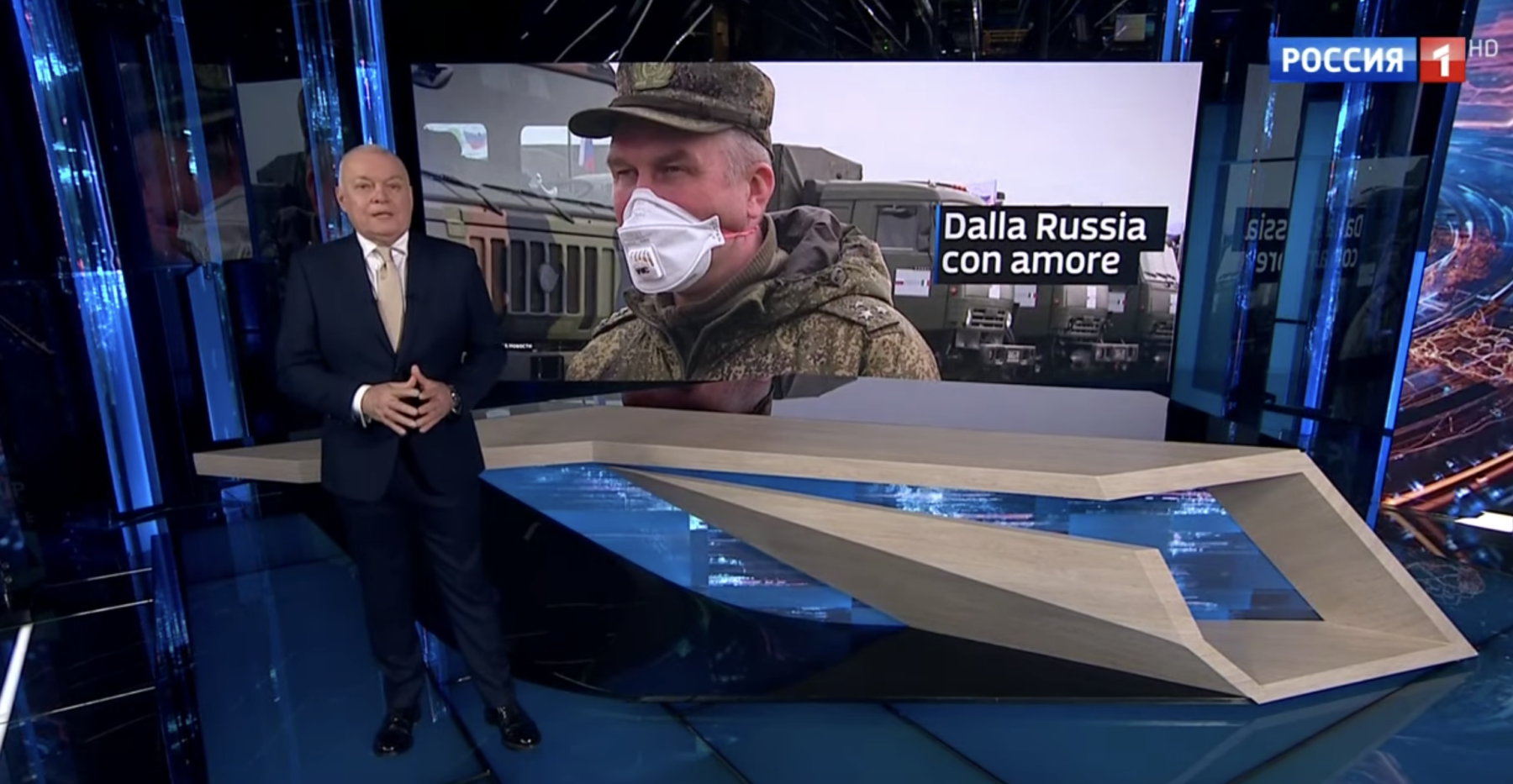
“The Russians are trying to get the story out there that they are the good guys in some way. It’s a charm offensive,” said Gottemoeller.
Whatever the label, so far Russia seems to be successfully controlling the narrative of its presence in Italy. Italian media outlets rely on Russian crews traveling with the troops for pictures and video of the operation and, for the most part, on information about what Russian troops are doing in Bergamo.
According to the Russian press, Russian troops have so far decontaminated two nursing homes, while a team of 32 Russian military personnel is due to start working in a new hospital Italian authorities are building to accommodate the overwhelming number of Covid-19 victims.
For Italy’s exhausted medical workers, what matters most is the help that they are getting, said Sergio Rizzini, director of the field hospital in Bergamo. More than 60 Italian doctors to date have died from the virus. “Healthcare facilities found themselves with much less personnel to face an ordinary situation, much less an extraordinary one,” he said. “Any help is well received.”
Additional reporting: Cecilia Butini, Burhan Wazir




